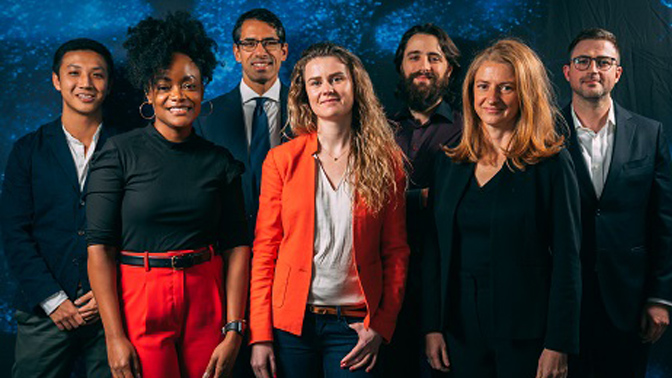
By: S. Amanda Ali, ORT Times Science Writer
Every day we make decisions that impact our health and well-being, from what to eat to whether to be vaccinated. Consider the sources of advice and information you might consult to help make these decisions: family, friends, colleagues, health professionals, media, and now social media. You will likely encounter conflicting opinions so how can you tell if a piece of information—whether in a tweet from a stranger or a text from a friend—should be trusted, particularly when it comes to the complex issues surrounding health and disease?
According to the Organization for Economic Co-operation and Development (OECD), science literacy is, “the ability to engage with science-related issues, and with the ideas of science, as a reflective citizen.” A person who is scientifically literate can engage in discussions about science and technology based on their ability to explain phenomena scientifically, to interpret data and evidence scientifically, and to evaluate and design scientific methods. This doesn’t require a PhD in astrophysics, rather it requires an understanding of fundamental concepts in order to interpret and apply scientific information to everyday life. While this learning begins in school, it should continue throughout life as science and technology evolve. One way to promote this learning is through regular exposure to high-quality science that is easy to understand.
For the first time, the Krembil Research Institute hosted Science in the 6ix, an event aimed at increasing public awareness and understanding about the innovative research that is conducted at UHN. This presented a challenge to the scientists who spoke: deliver a clear and simple message to a general audience about the problems they aim to solve, their unique approaches to finding solutions, and why it all matters. And they certainly rose to the occasion.
Stephanie Protze from the McEwen Stem Cell Institute spoke about biological pacemakers; Bastien Moineau from KITE spoke about functional electrical stimulation; Shane Harding from the Princess Margaret Cancer Centre spoke about cancer therapies; Taufik Valiante from the Krembil Research Institute spoke about epilepsy; Beate Sander from TGHRI spoke about infectious disease simulation models; Jimmy Qiu from TECHNA spoke about improving medical imaging with new technologies; and Nicole Woods from TIER spoke about medical education. To learn more about any of these topics—or to observe effective science communication in action—the presentations are now available online.
In recognition of the success of this event, keynote speaker André Picard, health reporter and columnist for The Globe and Mail, tweeted, “the best way to promote science is to do good science. These young researchers talked about their groundbreaking research projects at Science in the 6ix.”
‘Science in the 6ix’ represents a step in the right direction towards increasing science literacy in our community. The importance of events like this cannot be understated. As noted by Aaron Hartmann from Harvard University, “Science literacy subsequently benefits individuals throughout their lives, from forming opinions about proposed government policies to making health care decisions. A well-informed citizenry, in turn, pays dividends to society as a whole.”




